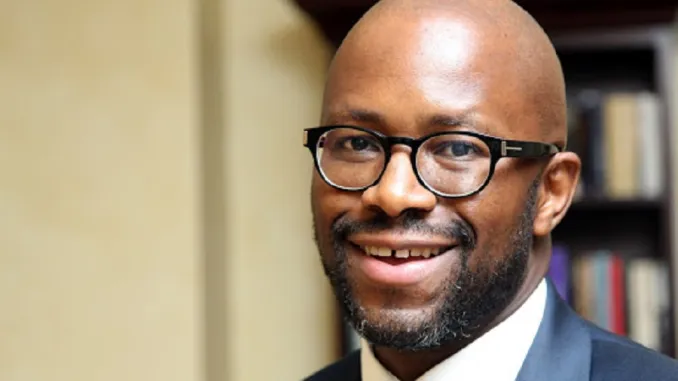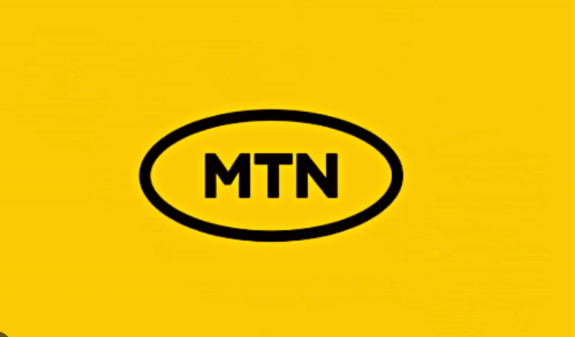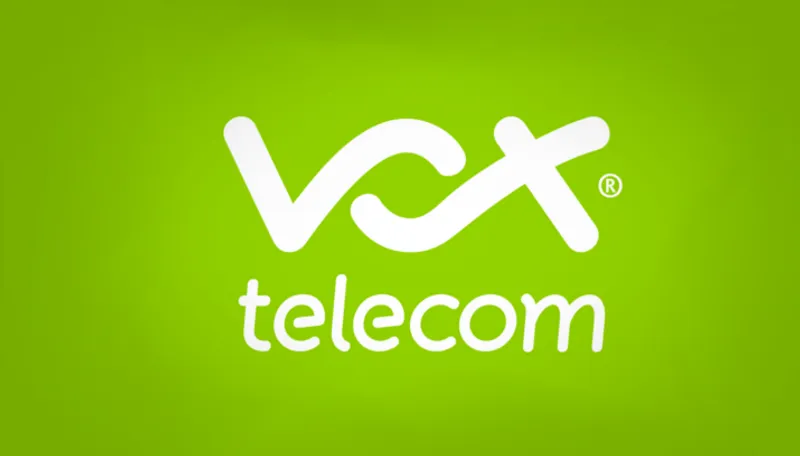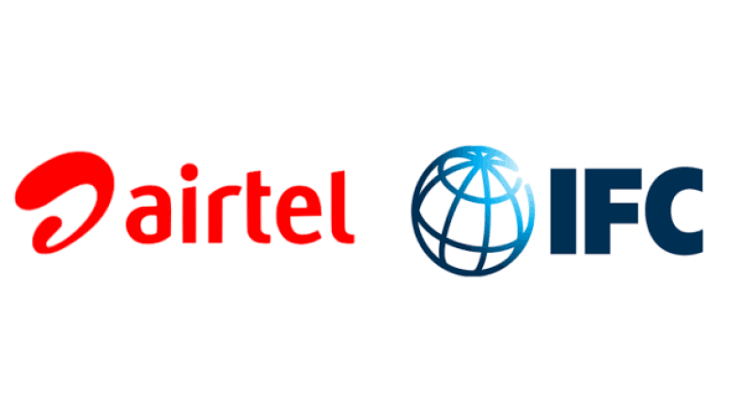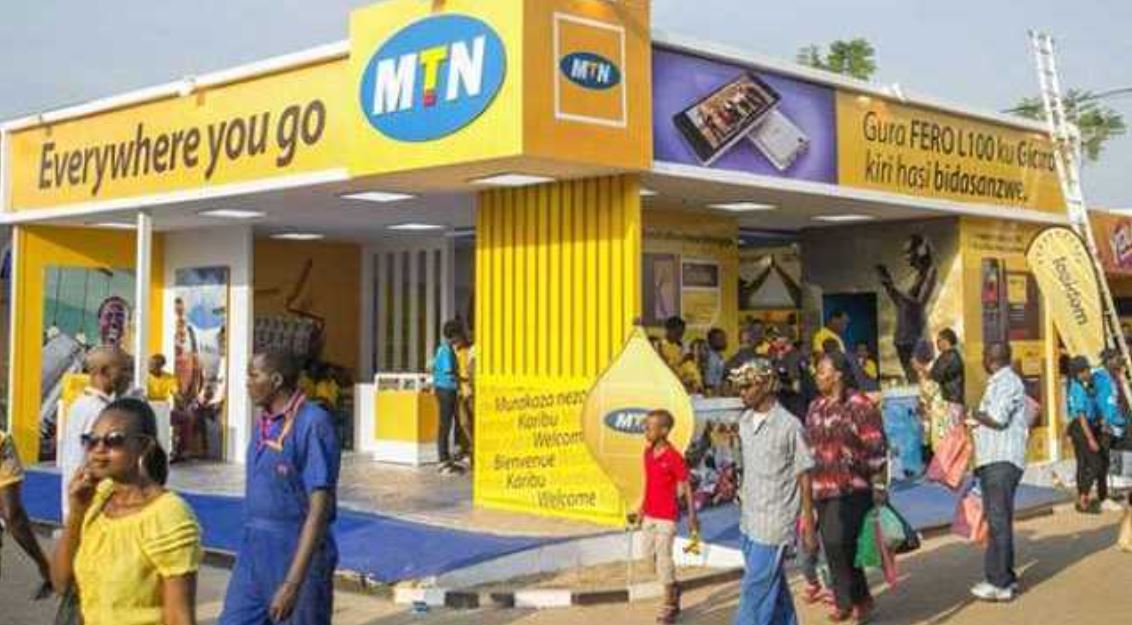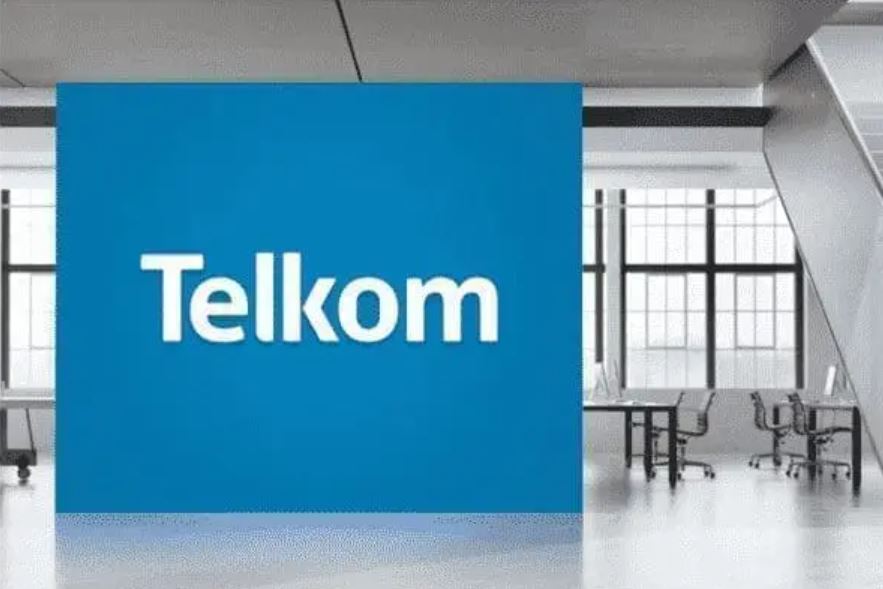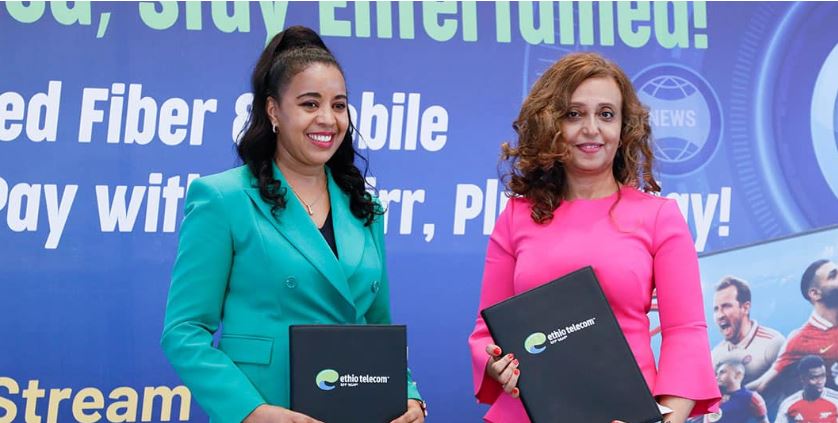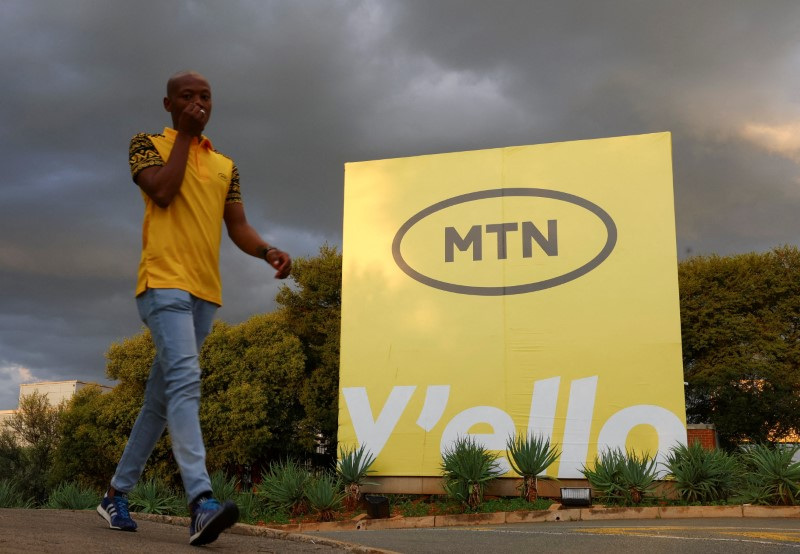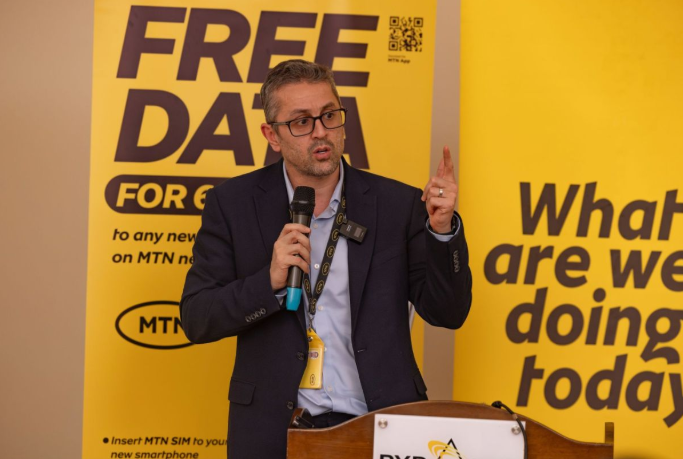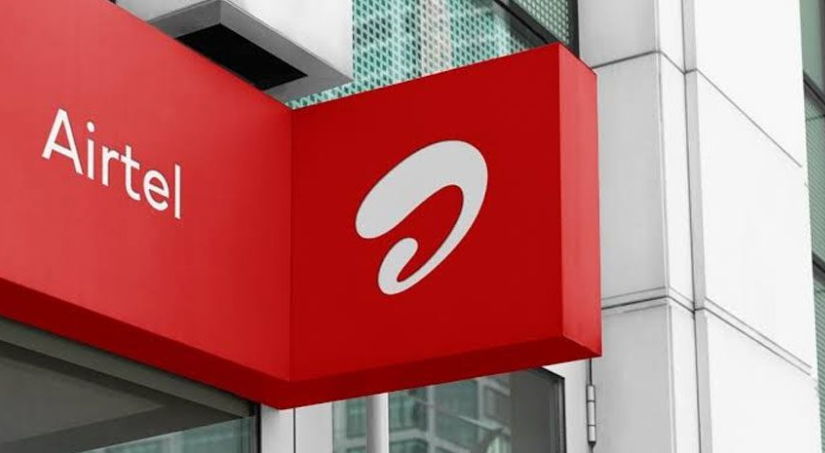Ralph Mupita has been elected as the Deputy Chair of the GSMA Board of Directors for the remaining term of the Board, which ends in 2026. MTN Group confirmed the appointment in a statement on Thursday.
He will assist the chair and board in directing the organisations strategic course in this capacity, which represents the global mobile operators and businesses in the larger mobile ecosystem.
“This appointment is a great honour, as it comes at a time of rapid developments in technology and increasing digital adoption across Africa. Mobile technology will play a critical part in addressing the pressing challenges facing our communities and unlocking the full potential of Africa and the rest of the Global South, ensuring that no one is left behind in this journey toward a more connected future,” Mr Mupita said.
“I am committed to supporting the strategic direction of the GSMA, which plays a pivotal role in representing the global mobile ecosystem. Together, we will continue to drive innovation and positive change in the industry,” he added.
Vivek Badrinath, Director General of the GSMA, stated, “My warmest congratulations to Mr. Mupita on being elected as the Deputy Chair of the GSMA Board. His experience will be invaluable as we continue to navigate the dynamic landscape of our industry. I look forward to working closely with him and the board.”
About Ralph Mupita
Mr Mupita has been the Group President and CEO of MTN Group since September 2020. Prior to that, he was the Chief Financial Officer of MTN Group from April 2017. Since joining MTN, he has supervised the successful listing of MTN subsidiaries in Ghana, Nigeria, Rwanda, and Uganda and contributed to the development of the Group’s strategy and financial position.
Mr Mupita served as CEO of Old Mutual Emerging Markets, which offered financial services to individuals and corporations in 19 countries in Asia, Latin America, and Africa, before joining MTN. He graduated from Harvard Business School’s General Management Program with a Bachelor of Science in Engineering (Hons) and an MBA from the University of Cape Town.
About GSMA
The GSMA is a global organisation that unifies the mobile ecosystem to find, create, and deliver innovation that is essential to societal change and productive business environments. Its goal is to fully utilise connectivity for the benefit of society, business, and individuals. Connectivity for goods, industry services and solutions, and outreach are the three main pillars that the GSMA provides for its members as representatives of mobile operators and organisations throughout the mobile ecosystem and related industries.
At the MWC and M360 series of events, this activity entails advancing policy, addressing the most pressing societal issues of this dispensation, supporting the technology and interoperability that enable mobile, and offering the largest platform in the world for bringing together the mobile ecosystem.
